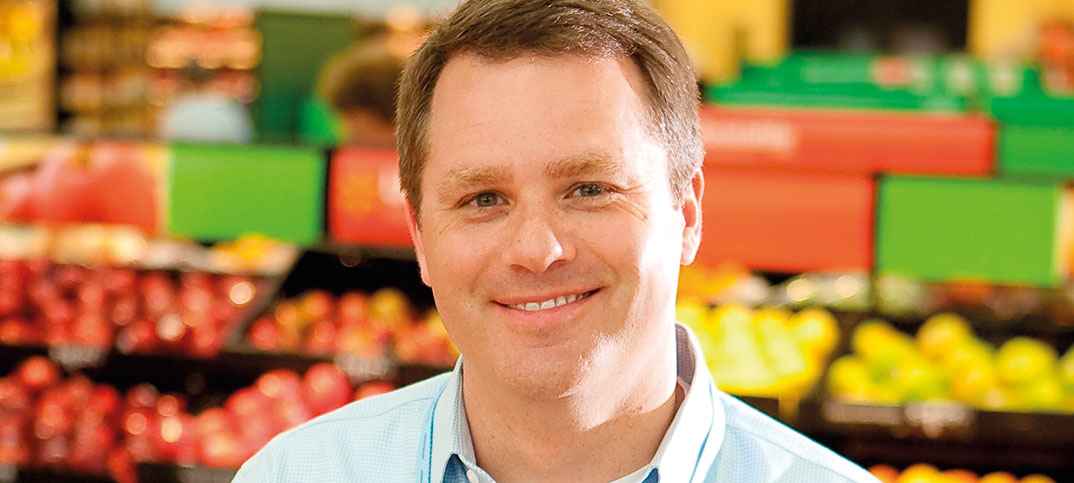A main board director of one of the world’s major oil companies described to me how they had recently met to review their 50-year and 100-year business plans. Prior to this, I did not know such things existed.
In the 100-year plan, the experts who compiled it projected that people may be born then with a lifetime tariff of say 100 years. And rich people, of course, could buy extra years from poor people.
The news that Booker is to merge with Tesco is at first equally shocking. The logic of the deal may be best understood in the terms of what Tesco’s 10-year business plan looks like, rather than anything to do with current trading and the past.
In their joint presentation, Dave Lewis and Charles Wilson provided a few hints of what their vision was. But we can guess at what may be in the plan thanks to some remarkable papers released at the World Economic Forum in Switzerland last month.
Independent retailers need to focus on the value they add for local people and get into bed with great partners
For example, in a paper to the forum, Walmart president Doug McMillon (pictured above), says the pace of change in retailing is accelerating and it is up to retailers to adapt to these changes “or they’ll fall behind and disappear”.
Ten years ago, he says, consumers did not know if they needed an iPhone. Today they “expect to order something on their mobiles, have it delivered or pick it up in store – often on the same day, in a few hours or even in a few minutes.”
The future will bring three things, he says:
- Greater power in the hands of the shopper. “The historic trade-off between price and services has been altered by technology – and customers expect to save time and enjoy the experience while saving money.”
- Customers all over the world can see what best looks like – and they want it too.
- Retailers will only survive if “their business creates shared value that benefits shareholders and society.”
McMillon says retailers that provide a truly unique, enjoyable experience and prepare their staff to provide excellent service will have the advantage. That is a tick for many independents.
But these retailers need to add to that the ability to deliver a “smart” shopping experience: an area where an independent needs partnership.
And customers will demand transparency around pricing and the supply chain. Another area where independents need partnership.
McMillon says these future shoppers will “have less time to research the products they buy – but they’ll care even more about how they are sourced. They’ll choose to shop with retailers who provide that transparency so they can feel good about the items they purchase.”
The future of retail appears to be splitting into hyperlocal, supermarkets and pure play online businesses. For independent retail owners, news of the Booker/Tesco deal simply confirms the new reality they are trading in. Amazon and Alibaba are both intent on having online and offline customer bases of two billion people buying everything from them. Compared to this Booker/Tesco is a niche business.
Richard Cousins, the Tesco non-executive director who resigned over the deal, said that it needed to focus on the price war that it is fighting today and that will last for some time.
Unfortunately, that price war seems likely to never end. Over the next 10 years the retail industry will deliver trillions of dollars of extra value, consultant Accenture advised the World Economic Forum. Shoppers will extract 68% of that leaving everyone else to fight for the 32%.
Business is only going to get harder. Independent retailers need to focus on the value they add for local people and choose to get into bed with great partners who are going to win.





Comments
This article doesn't have any comments yet, be the first!